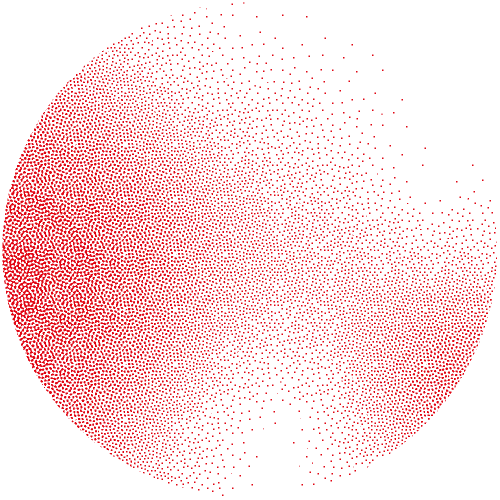ATGCCGGAATTGGCACATAACAAGTACTGCCTCGGTCCTTAAGCTGTATTGCACCATATGACGGATGCCGGAATTGGCACATAACAAGTAC
TGCCTCGGTCCTTAAGCTGTATTGCACCATATGACGGATGCCGGAATTGGCACATAACAACGGTCCTTAAGCTGTATTGCACCATATGACG
GATGCCGGAATTGGCACATAACAAGTACTGCCTCGGTCCTTAAGCTGTATTTCGGTCCTTAAGCTGTATTCCTTAACAACGGTCCTTAAGG
ATGCCGGAATTGGCACATAACAAGTACTGCCTCGGTCCTTAAGCTGTATTGCACCATATGACGGATGCCGGAATTGGCACATAACAAGTAC
TGCCTCGGTCCTTAAGCTGTATTGCACCATATGACGGATGCCGGAATTGGCACATAACAACGGTCCTTAAGCTGTATTGCACCATATGACG
GATGCCGGAATTGGCACATAACAAGTACTGCCTCGGTCCTTAAGCTGTATTTCGGTCCTTAAGCTGTATTCCTTAACAACGGTCCTTAAGG


Statistics for Life Sciences with R



08 January 2018



For-profit: 0 CHF

The course is full.
Overview
This course is designed to provide researchers in biomedical sciences with experience in the application of basic statistical analysis techniques to a variety of biological problems.
The course will combine lectures on statistics and practical exercises. The participants will learn how to work with the widely used "R" language and environment for statistical computing and graphics.
Topics covered during the course include: reminders about numerical and graphical summaries, and hypothesis testing; multiple testing, linear models, correlation and regression, and other topics. Participants will also have the opportunity to ask questions about the analysis of their own data.
Audience
This typical profile is a biologist needing to perform statistical analyses using R.
Learning objectives
After this course, the participants should be able to:
- choose the right method to summarize a dataset, graphically and numerically
- perform basic hypothesis tests on a datatest
- assess whether different variables are linked, using correlation and regression analysis
- implement the statistical theory in R
Prerequisites
Technical: Knowledge / competencies:- No prior statistical knowledge is required in order to attend the course. However, this course will be most useful for participants who have already followed a statistics course in the past (even if they don't remember much of it).
- No prior R knowledge is required.
Application
The course is full.
The registration fees for academics are 200 CHF. This includes course content material, coffee breaks and a social dinner on the 15th. Participants from non-academic institutions should contact us before application.
Upon reception of the confirmation email, participants will be asked to confirm attendance by paying the fees within 5 days.
Deadline for registration and free-of-charge cancellation is set to January 8. Cancellation after this date will not be reimbursed. Please note that participation to SIB courses is subject to this and other general conditions.
Venue and Time
University of Lausanne, [Génopode building](https://www.sib.swiss/about-us/contact), classroom 2020 (Metro M1 line, Sorge station).The course will start at 9:00 and end around 17:00. Precise information will be provided to the participants on due time.
Additional information
The course will be taught by Linda Dib and Frédéric Schütz.
Coordination: Diana Marek, SIB Training group.
You are welcome to register to the SIB courses mailing-list to be informed of all future courses and workshops, as well as all important deadlines using the form here.